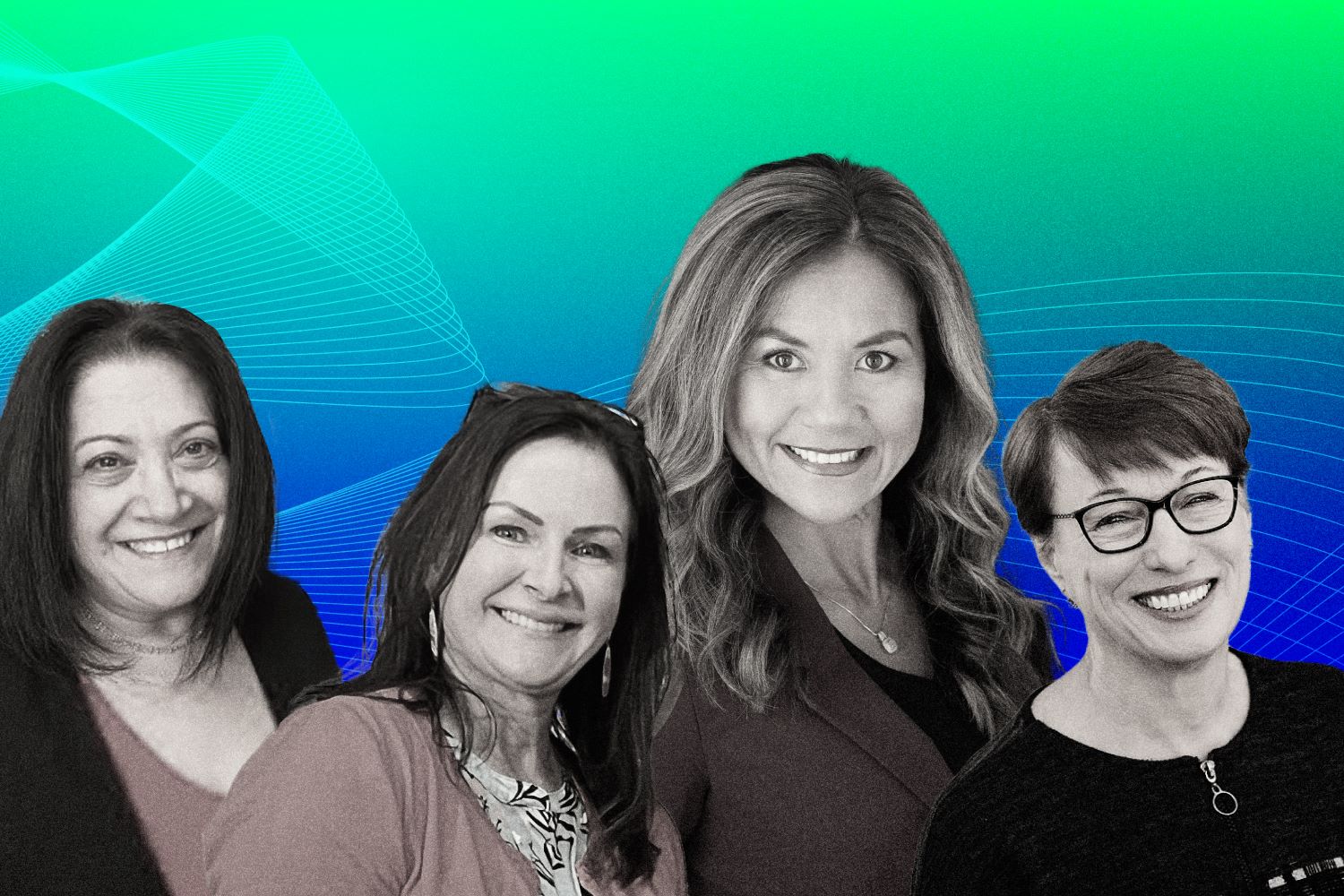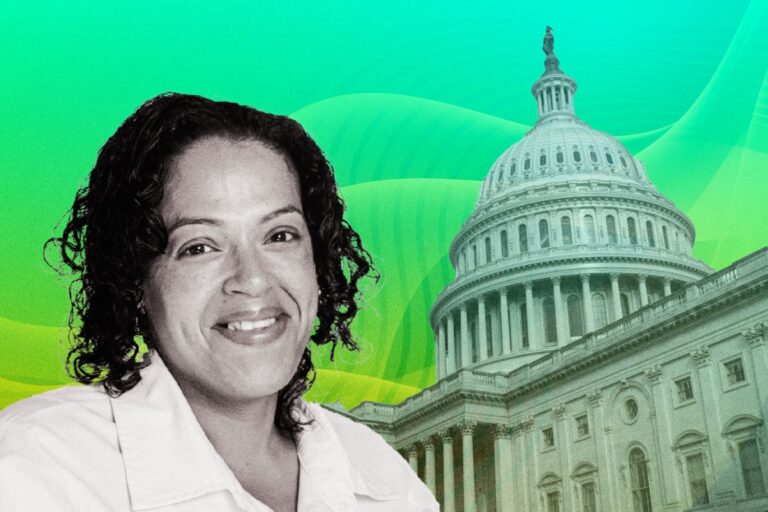From 3 Employees to 200: How These 4 Women Found Their Way to Success in the Federal Arena
The federal contracting industry is a dynamic and competitive arena, traditionally dominated by larger corporations. However, small businesses, especially those owned by women, are growing in influence.
This progress is largely supported by various SBA plans and programs, especially the Women-Owned Small Business Federal Contract program. These initiatives help level the playing field and foster growth for women entrepreneurs.
Before delving into the four success stories of women who have thrived by utilizing SBA support, let’s take a look at the recent rise of women-owned businesses in the federal contracting space.
Breaking Barriers: The Rise of Women Entrepreneurs in Federal Contracting
As of 2023, women-owned businesses have a considerable economic impact, generating $2.7 trillion in yearly revenue and employing nearly 12.2 million people. The effort to include them started in the 1990s with the Federal Acquisition Streamlining Act of 1994, which aimed to help small businesses, including WOSBs, get more opportunities.
The Women-Owned Small Business Federal Contract Program (WOSB FCP) was officially implemented in 2011, designed to help federal agencies meet the goal of awarding at least 5% of federal contracting dollars to WOSBs.
Since then, there has been a steady increase in the participation of WOSBs in federal contracts, with the federal government meeting the 5% goal for the first time in FY2015 and again in FY2019.
In FY2022, the federal government awarded over $28.1 billion in prime contracts to WOSBs, representing about 4.57% of total federal contracting dollars. Various federal agencies have made significant strides in meeting and exceeding the 5% goal, with the Department of Energy and the Small Business Administration consistently performing well in this regard.
The increased participation of WOSBs in federal contracting has had a positive economic impact, contributing to job creation and economic growth in communities across the country.
Despite these achievements, WOSBs still face challenges. One of the main issues is the high turnover rate among vendors, with nearly half of WOSB vendors receiving contracts only in a single fiscal year. This indicates a need for more sustained support and opportunities.
Additionally, WOSBs still encounter barriers in accessing federal contracting opportunities, and efforts are ongoing to reduce these barriers and ensure a more level playing field.
“Women owned businesses are making incredible progress, despite the odds being against them in many cases,” Acting President and CEO of Women Impacting Public Policy (WIPP), Angela Dinge said.
Looking ahead, the WOSB FCP continues to evolve, with ongoing efforts to enhance the program and increase the participation of women-owned businesses in federal procurement. Initiatives such as the SBA’s All Small Mentor-Protégé Program and various training and support programs aim to provide WOSBs with the resources and guidance they need to succeed.
The future looks promising for women entrepreneurs in federal contracting, with continued progress and support paving the way for even greater achievements.
“These women are driving the economic recovery post-pandemic, and, by providing the right tools and resources, we can support wealth creation that allows them to grow their businesses,” National Association of Women Business Owners President and CEO Jen Earle said.
The Success Stories of Four Women Entrepreneurs in Federal Contracting
Now, let’s take a look at the success stories of four amazing women entrepreneurs who have achieved great things in federal contracting. These trailblazers have not only overcome obstacles but also serve as inspiring role models for future generations of women in business.
From Basement Beginnings to Federal Success: The Journey of Sandy Young and Verdis
Imagine starting a business in your basement with just one employee and a dream. That’s exactly what Sandy Young did in 2007 when she co-founded Verdis with her late husband, Gary.
Initially focused on landscape design and land use planning for local developers and homeowners, Verdis has since blossomed into a powerhouse in civil engineering and construction services, operating across 14 states with 38 employees.
Success for Sandy Young and Verdis has been a long journey. In 2014, Sandy’s husband, Gary, was diagnosed with lymphoma but urged Sandy to continue running her business and to grow it through federal contracting. He passed away nine months after being diagnosed.
Verdis had already been a women-owned company since its inception, with Sandy at the helm and Gary choosing to work in the company as an employee. Following her husband’s passing, Sandy became a certified woman-owned business and applied for acceptance into the SBA’s 8(a) Business Development Program, which she achieved in 2015.
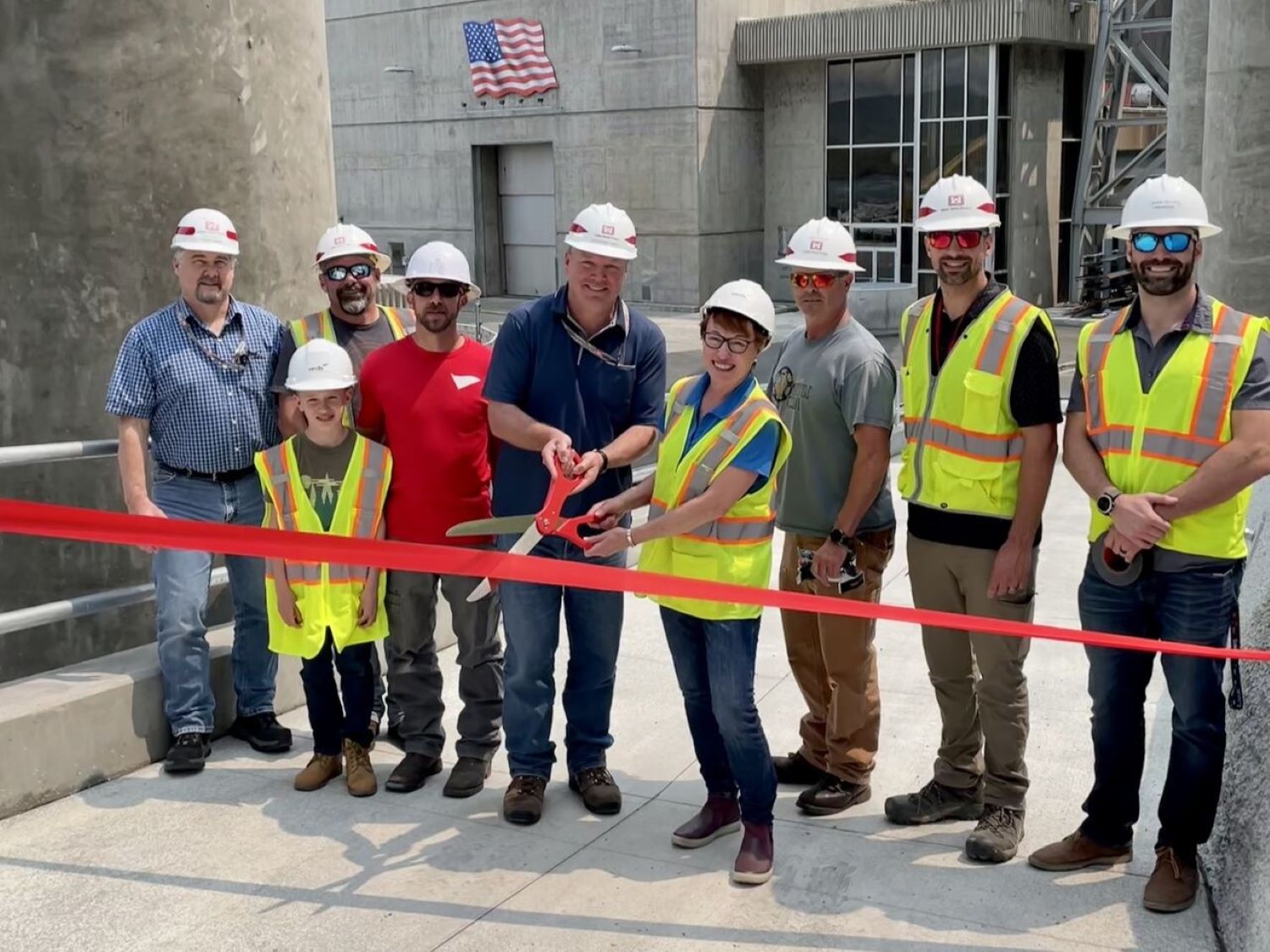
The 8(a) certification program is a nine-year initiative designed to help small business owners who are socially and economically disadvantaged succeed in federal contracting. Once certified, businesses can receive special preferences for federal contracts, as well as training and support to help them compete more effectively in the economy.
For Sandy, growing her company was a way to cope with her grief. She spent her time marketing, driving to meet potential clients, and working harder than ever.
“I worked through my grief by driving, traveling and marketing,” Young said.
After several federal agencies showed interest in her company, Verdis, they suggested she offer construction services to win contracts. Sandy took their advice, and soon, the projects started coming in. After successfully completing those projects, even more opportunities followed.
Since receiving its first 8(a) award in 2016, Verdis has successfully completed over 160 federal contracts.
As a full-service firm specializing in civil engineering, landscape architecture, planning, and construction, Verdis has worked on projects for several federal agencies, including the U.S. Army Corps of Engineers, Department of Homeland Security, National Park Service, U.S. Forest Service, Federal Highway Administration, Bureau of Land Management, Bureau of Reclamation, Department of Agriculture, U.S. Air Force, and the National Guard.
Sandy credits her company’s success to the amazing team that has grown with Verdis. To maintain eligibility for 8(a) certification, companies must stay below a certain net worth.
As Verdis expanded, Sandy introduced a profit-sharing model, along with twice-a-year bonuses for the whole team. The company also offers professional development opportunities, training, tuition assistance, a 401k plan, medical/vision/dental benefits, parental leave, and relocation assistance.
Sandy refers to her team as one big family, and even her son and daughter are part of the company – her son works as a civil engineer, and her daughter is the chief financial officer. Remarkably, her very first employee is still with the company after 14 years.
In the past 10 years, Verdis’ net worth has increased by more than 3,000%. Over the last two years, they have expanded their services to include masonry restoration and a fire and life safety division. Today, the team of 38 serves more than 60 clients each month.
In 2022, Verdis was honored as the U.S. Small Business Administration’s Idaho Woman-Owned Small Business of the Year, as part of the SBA National Small Business Week awards.
“Woman-owned businesses have a tremendous impact on Idaho’s economy with the state being third in the nation for growth in the number of firms and growth in employment and revenue for women-owned businesses,” SBA deputy district director, Shannon Madsen, said. “Sandy exemplifies this entrepreneurial spirit with her resiliency and innovativeness and is a tremendous asset to the state of Idaho.”
Diane Coury: From a $50 Investment to Federal Contracting Success
Now, let’s move on to another inspiring story about a woman who began with just $50 – Diane Coury’s path to success.
In 1980, she took a leap of faith, leaving behind the security of working for someone else to start her own interior design business. “I thought, ‘I couldn’t do any worse venturing out on my own versus working for someone else,’” Coury recalled.
Her gamble paid off. By reaching out to architects and furniture representatives, she quickly secured subcontractor roles, providing floorplans, furniture, flooring, and more for corporations and restauranteurs.
For years, Diane ran a successful one-woman operation, serving nonprofit, business, and residential clients with her mix of creativity and practicality. Her personalized approach transformed homes, university president offices, and office buildings into beautiful, well-organized spaces.
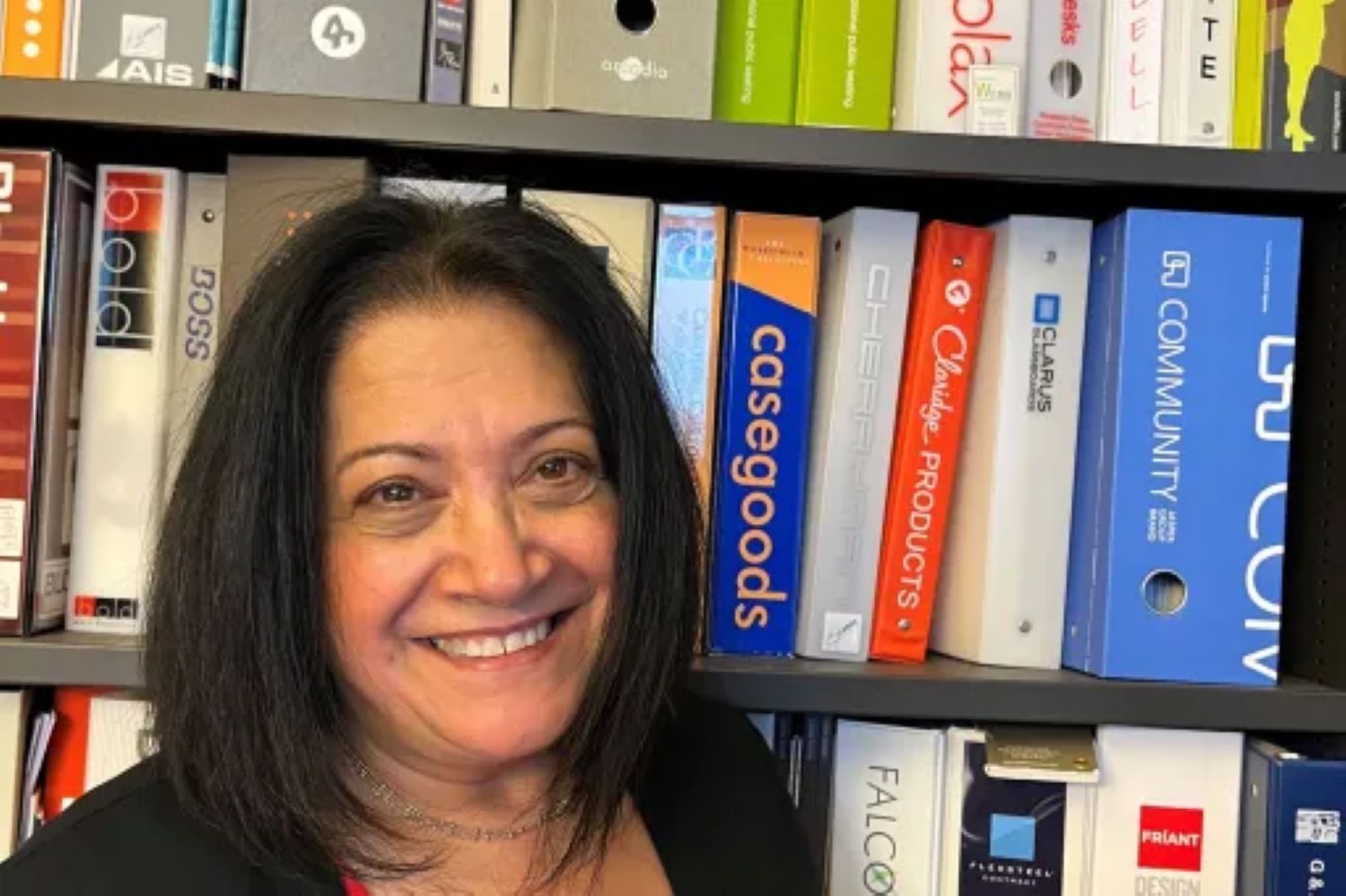
But Diane didn’t want to stop there. She decided to take her business further by becoming certified as a U.S. Small Business Administration (SBA) Women-Owned Small Business. This opened up new opportunities for her to compete for government contracts at the federal, state, and local levels.
“This program is so important for our women-owned small businesses because certification helps participants grow revenues by selling in government marketplaces,” said SBA Western Pa. District Director Dr. Kelly Hunt.
In 2020, $27 billion in contracting dollars were awarded to women-owned small businesses, creating thousands of jobs.
Diane turned to the Northwest Commission Procurement Technical Assistance Center (PTAC) for help with the government contracting process. With the support of government contracting specialist Melissa Becker and her team, Diane obtained her women-owned certification, registered in SAM.gov, and joined the Commonwealth’s cooperative purchasing program.
As both an interior designer and a supplier of window treatments, lighting, furniture, and carpeting, Diane was able to share her expertise beyond Pennsylvania.
She landed contracts with the Defense Logistics Agency and Fort Sam Houston, a U.S. Army post in Texas. “The commission showed me where the opportunities were listed,” she said. “I received a layout and provided the furniture and installation pricing and won the bid.”
Remarkably, she managed to complete the contract without ever leaving her New Castle office, a stark contrast to her early days of hand-drawn floor plans and couriered updates.
The pandemic brought new challenges, halting Diane’s corporate work. However, an SBA Paycheck Protection Program (PPP) loan helped her business survive. These SBA-backed, forgivable loans were designed to help small business owners cover costs like payroll, utilities, and health-care premiums.
At the same time, many homeowners wanted to update their kitchens and bathrooms during the pandemic, which helped boost her business. Diane spent months planning spaces, drawing blueprints, and working as a dealer for cabinetry and other products while waiting for installers to complete the projects.
With her decades of industry expertise to deliver value to end users, she continues to pursue several federal projects, using her deep knowledge and experience to drive successful outcomes and meet the needs of government agencies.
IntegriWard: Diana Davis’ Bold Leap from Start-Up to Federal Contracting Powerhouse
Diana Davis’s entrepreneurial journey is nothing short of extraordinary. Picture this: a determined woman, armed with a vision and an unyielding spirit, launching a business from her home with just two employees.
In 2011, Diana started IntegriWard, LLC, a recycling services company. This marked the beginning of a journey that would challenge her and help her grow.
Her story began while she was writing proposals and managing projects for another company. It was during this time that Diana recognized the immense potential of federal contracting and the invaluable support of the Small Business Administration.
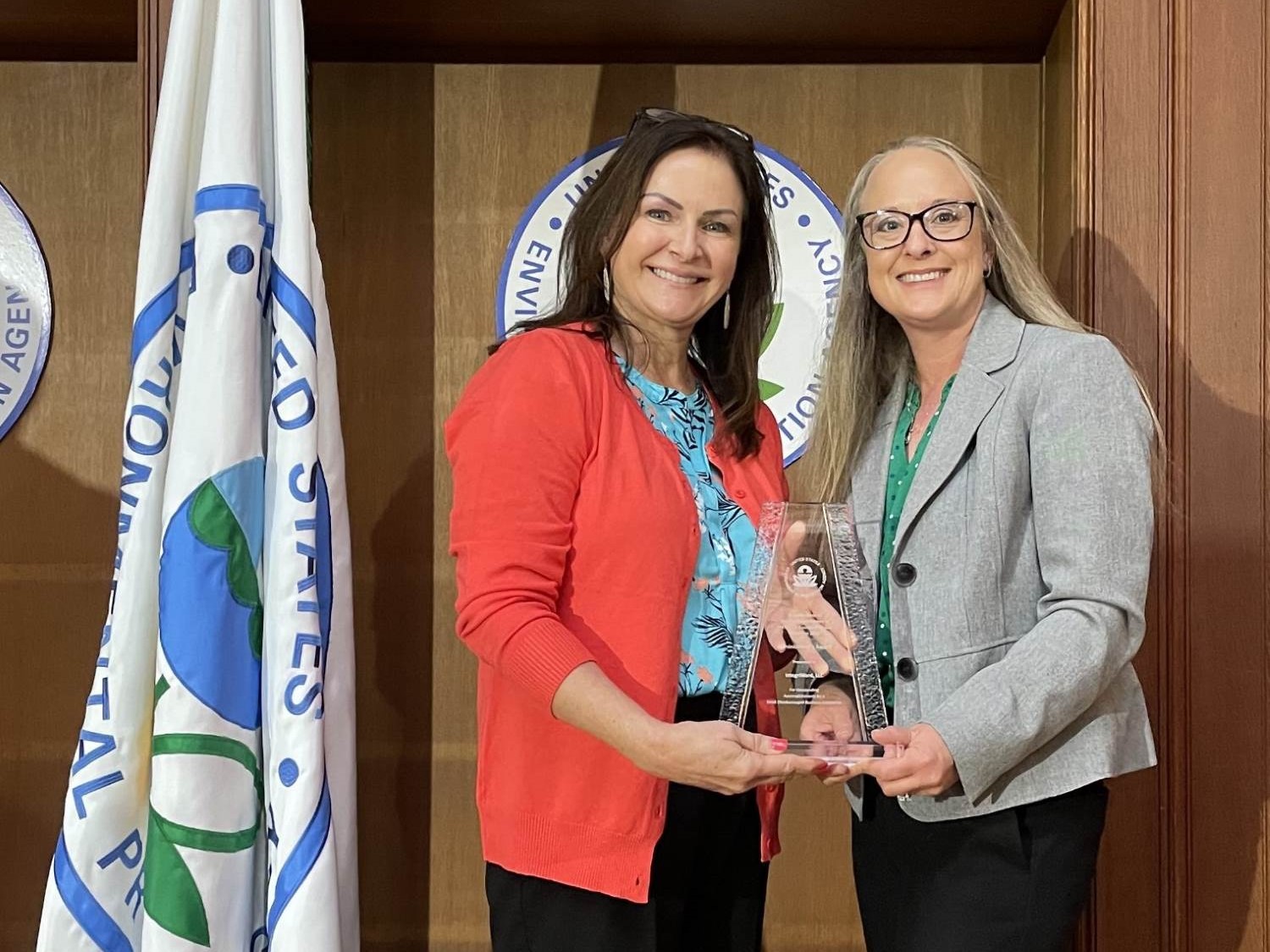
Inspired by this realization, she took a leap of faith and started her own company, securing her first contract at the F. E. Warren Air Force Base Recycle Center in Cheyenne, Wyoming.
The early days were filled with challenges. Diana spent countless hours on the road, meeting with facility managers, attending site visits, and working tirelessly to secure projects. Despite the initial struggles, her determination never wavered.
In February 2016, her hard work paid off when she became a Certified Woman-Owned Business and applied for the SBA’s 8(a) Business Development Program.
Davis is hopeful about earning the certification, noting that she already has government contracts, such as maintaining emergency generators for a Veterans Affairs facility in Alabama and performing preventive maintenance on generators for the Border Patrol in the Del Rio sector.
“I’m constantly trying to build business,” Davis said. “Once you achieve your 8(a), there are more ways to win contracts.”
After entering the 8(a) program, Diana ensured that IntegriWard’s first project exceeded customer expectations. This success opened the floodgates, and more projects started to roll in. The company grew from three employees in 2013 to nearly 200 in 2024, with revenues increasing over 100 times during the same period.
IntegriWard has completed over 800 federal facility maintenance and construction contracts. In 2018, the company expanded its services to include the installation and maintenance of electronic security systems, such as access control, intrusion detection, and camera surveillance systems.
Their impressive portfolio includes projects for many federal agencies, including the Department of Homeland Security, Department of Justice, Defense Health Agency, U.S. Army Corps of Engineers, Environmental Protection Agency, National Park Service, U.S. Forest Service, Bureau of Reclamation, Department of Agriculture, U.S. Air Force, and the National Guard Bureau.
IntegriWard also works with several prime general contractors who serve the federal government.
Diana proudly says, “We have built our reputation based on strong working relationships with our clients and being known as a responsive team player.”
Diana credits her company’s success to the incredible team at IntegriWard. She focuses on four key principles: taking care of employees and offering growth opportunities, respecting and caring for clients, keeping promises, and maintaining financial stability with a strong accounting system.
What’s more, IntegriWard provides bonuses, professional development, training assistance, and full benefits, creating a family-like environment. Diana’s first employee is still with the company after 12 years, and she dedicates a lot of time to mentoring aspiring entrepreneurs.
IntegriWard’s success has been recognized. The company won the Small Business Award from the Department of Homeland Security in 2019 and was named the Environmental Protection Agency’s Small Disadvantaged Business of the Year in 2020 and 2024.
Alice Lessmann: Using SBA Support to Propel Signalink to New Heights
The final story is about Alice Lessmann and Signalink, a compelling journey of perseverance, growth, and support. Alice’s story highlights how tapping into SBA resources and mentorship can be the significant change that propels a business to new heights of success.
“I was born and raised in Huntsville and always knew I wanted to be involved with technology and/or make a meaningful difference in people’s lives. From my family to Signalink to being an active participant in community and civic organizations, I have realized my dream job!” said Alice.
“Over the course of my career, I’ve done several different things: I’ve served in the Army; I’ve been a nurse practitioner; I’ve been a Facility Security Officer; I’ve been a primary caregiver for family. I am a wife and mother. My role now is as CEO of Signalink, Inc,” she added.
Founded in 2005 by Alice and her spouse, Signalink saw Alice stepping into the role of CEO in 2016. As the company grew, Alice realized the need for additional resources and support, leading her to discover the U.S. Small Business Administration Women’s Business Center, the Catalyst Center for Business and Entrepreneurship, located in Huntsville, Alabama.
She began by attending their free classes and soon started working closely with one of their counselors, Leigh Christian.
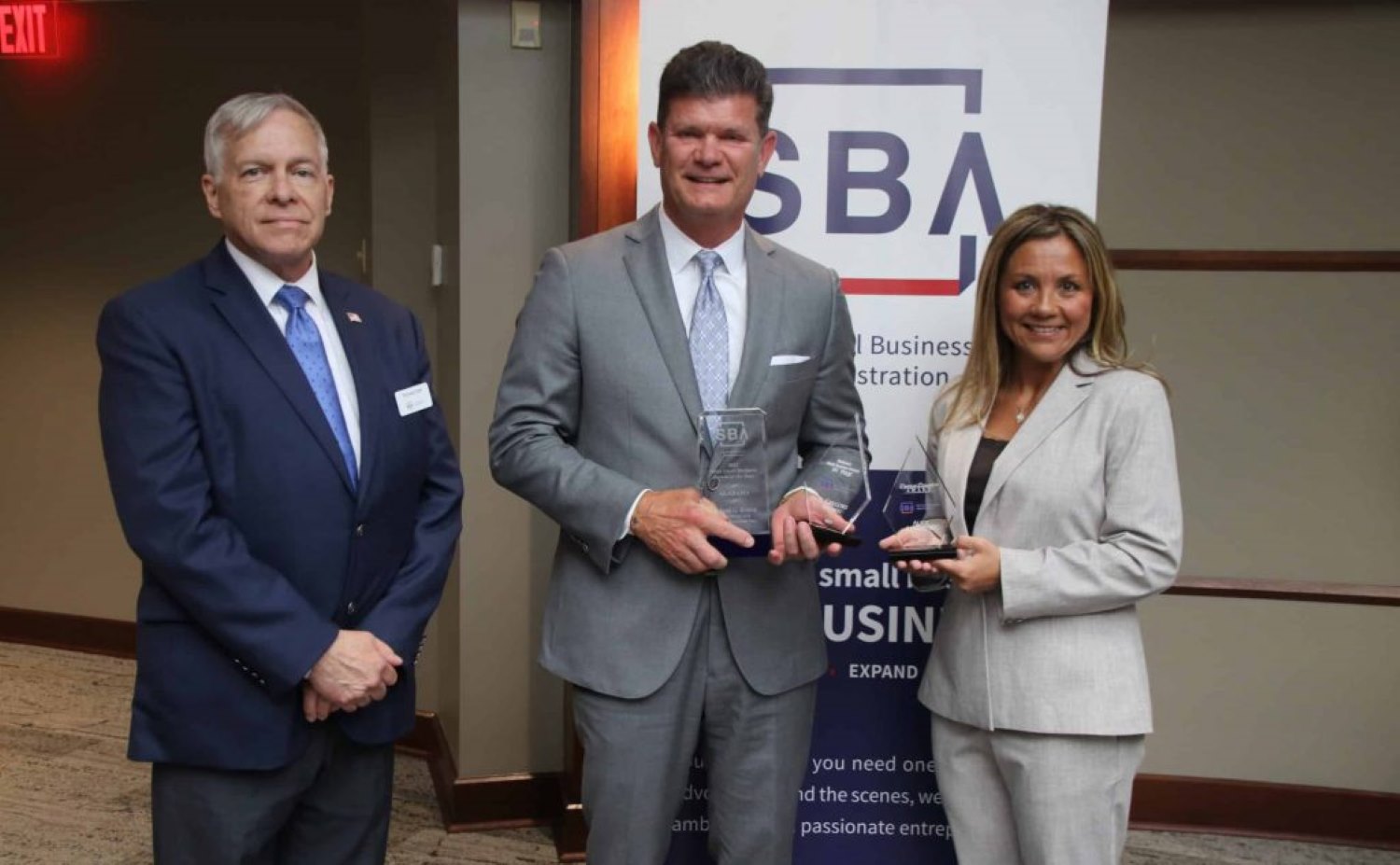
Leigh Christian, founder of the Catalyst Center and Tech Rich 7(j) Project Manager, played a key role in guiding Alice and Signalink through the initial stages of government contracting.
With Leigh’s mentorship, Signalink became a certified woman-owned, veteran-owned, and minority-owned small disadvantaged business for government contracts. Since Alice took over as CEO, the company has won several large contracts and continues to grow.
Alice has built a strong management team and shown great leadership. The Catalyst Center’s free training, mentorship, and answers to many questions helped Signalink grow professionally, allowing Alice and her team to quickly learn and better understand business and government contracting.
Alice credits Leigh with being an incredible support, connecting her with valuable resources and guiding her through tough business challenges. She strongly believes that Signalink would not be the successful company it is today without the friendship, expertise, and resources provided by the Catalyst Center.
Signalink has earned several prestigious awards, including the 2019 Madison Chamber of Commerce Best Professional Services Award, the 2019 Best in Business Award, and the 2020 Huntsville Madison County Chamber of Commerce Government Contracting Technology Business of the Year Award.
Alice herself has been honored as the 2021 Woman Entrepreneur of the Year, 2020 Madison Family of the Year, and 2020 Madison Chamber of Commerce Excellence in Leadership. She is also a graduate of the Goldman Sachs 10,000 Small Businesses program and regularly participates in the National Center for Veteran Institute for Procurement.
“Winning the 2019 Madison Chamber Best in Business awards and the 2020 Huntsville Madison County Chamber’s Government Contracting – Technology Business of the Year was a huge accomplishment for our team. Our family was extremely honored to be named the 2020 Madison Family of the Year,” Alice stated.
More remarkably, Alice was honored with the 2022 District Director’s Award from the Small Business Association and recognized as a 2022 Women Honoring Women Honoree.
In 2024, she received the Madison Visionary Partners’ (MVP) Philanthropic Businessperson of the Year award and, alongside her husband, was presented with the Madison City Chamber’s “Spirit of Madison” Award.

